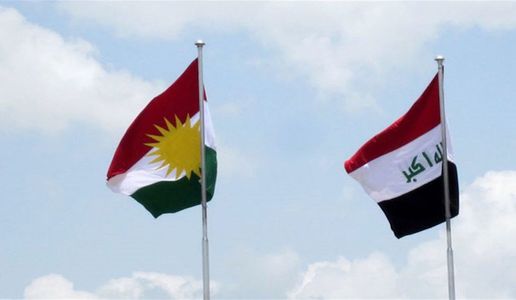Aftandilian in The Arab Weekly on the U.S., Iraq, and the KRG
Gregory Aftandilian, Lecturer at the Frederick S. Pardee School of Global Studies at Boston University, published a recent Op-Ed examining the relationship between the United States, the Iraqi government and the Kurdistan Regional Government (KRG).
Aftandilian’s Op-Ed, entitled “The U.S. Administration Between Iraq and a Hard Place,” was published in The Arab Weekly on October 22, 2017.
From the text of the article:
The recent offensive by Iraqi troops to take the multi-ethnic city of Kirkuk and its oil fields put the United States in a difficult situation, as it has been allied with both the central Iraqi government and the Kurdish Regional Government (KRG).
US policy has been to support the central government of Iraqi Prime Minister Haider al-Abadi, a Shia politician who is considered more moderate and inclusive than his predecessor, Nuri al-Maliki. At the same time, the United States has worked closely with the Kurdistan Regional Government (KRG) for several decades.
Militarily, the United States has trained both the Iraqi Army and the peshmerga, the Iraqi Kurdish militia. Both forces have fought successfully against the Islamic State (ISIS) over the past couple of years but, with ISIS in retreat and with the Kurdish independence referendum having caused so much controversy within Iraq, the two military forces have now set their sights on each other.
Complicating matters is that the Popular Mobilisation Forces (PMF), a mostly Shia group whose subcomponents often take orders from Iran, have also mobilised to move into the Kirkuk area.
Aftandilian spent over 21 years in government service, most recently on Capitol Hill where he was foreign policy adviser to Congressman Chris Van Hollen (2007-2008), professional staff member of the Senate Foreign Relations Committee and foreign policy adviser to Senator Paul Sarbanes (2000-2004), and foreign policy fellow to the late Senator Edward Kennedy (1999).
